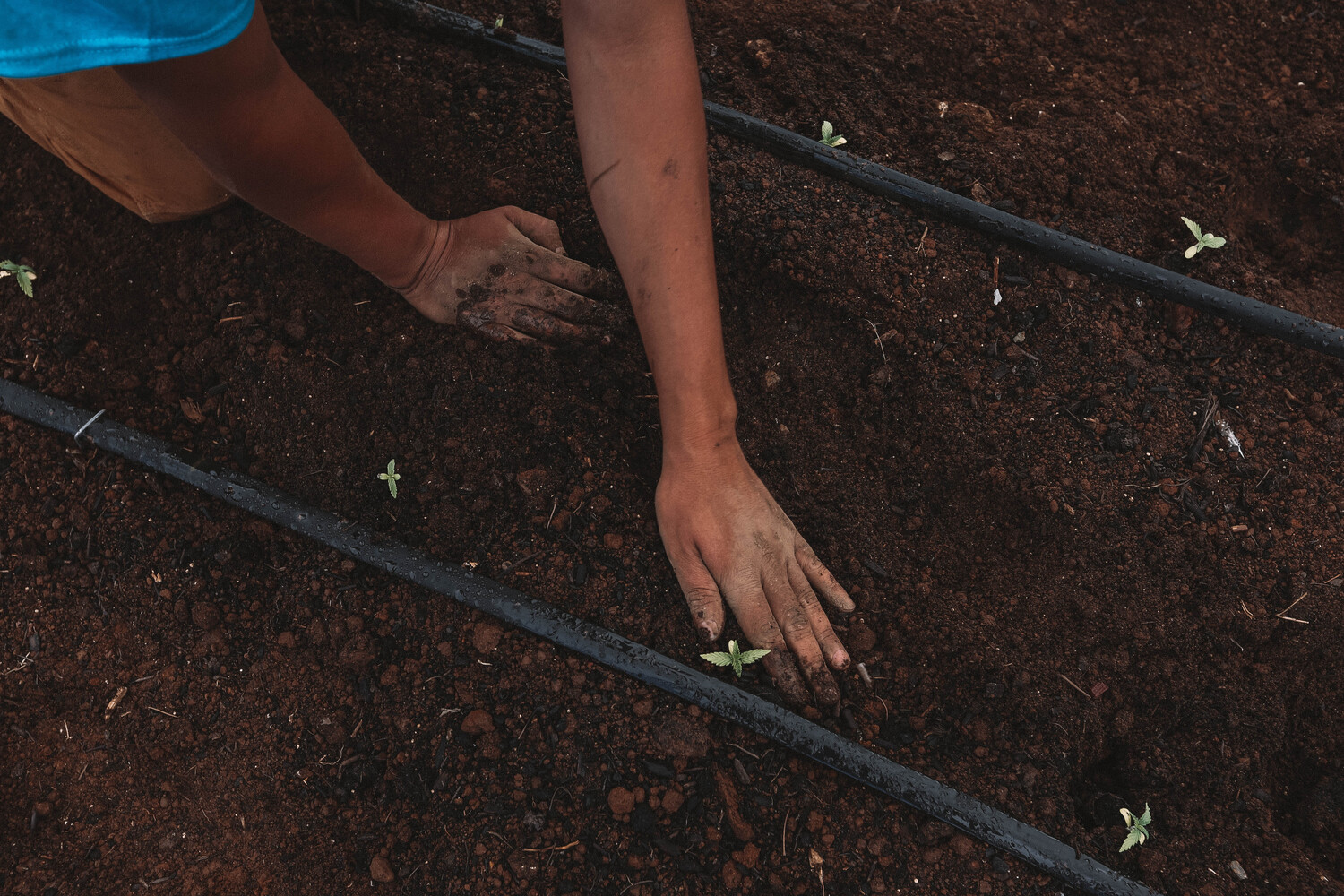
Climate change is impacting agricultural supply chains today
Climate change has already begun to adversely impact food and agriculture businesses. We rely on critical sourcing regions for agricultural products that are increasingly subjected to extreme weather events such as droughts, extreme rainfall, and heatwaves. These events not only exacerbate the existing strain on agricultural systems, but also jeopardize sourcing strategies and impose additional costs.
To address climate related risks within agricultural supply chains, it is imperative to increase climate resilience by working with farmers, implementation partners, buyers and customers to deploy regenerative agricultural practices that both reduce greenhouse gas emissions to mitigate future climate change as well as facilitate farmers’ adaptation to new climate conditions.
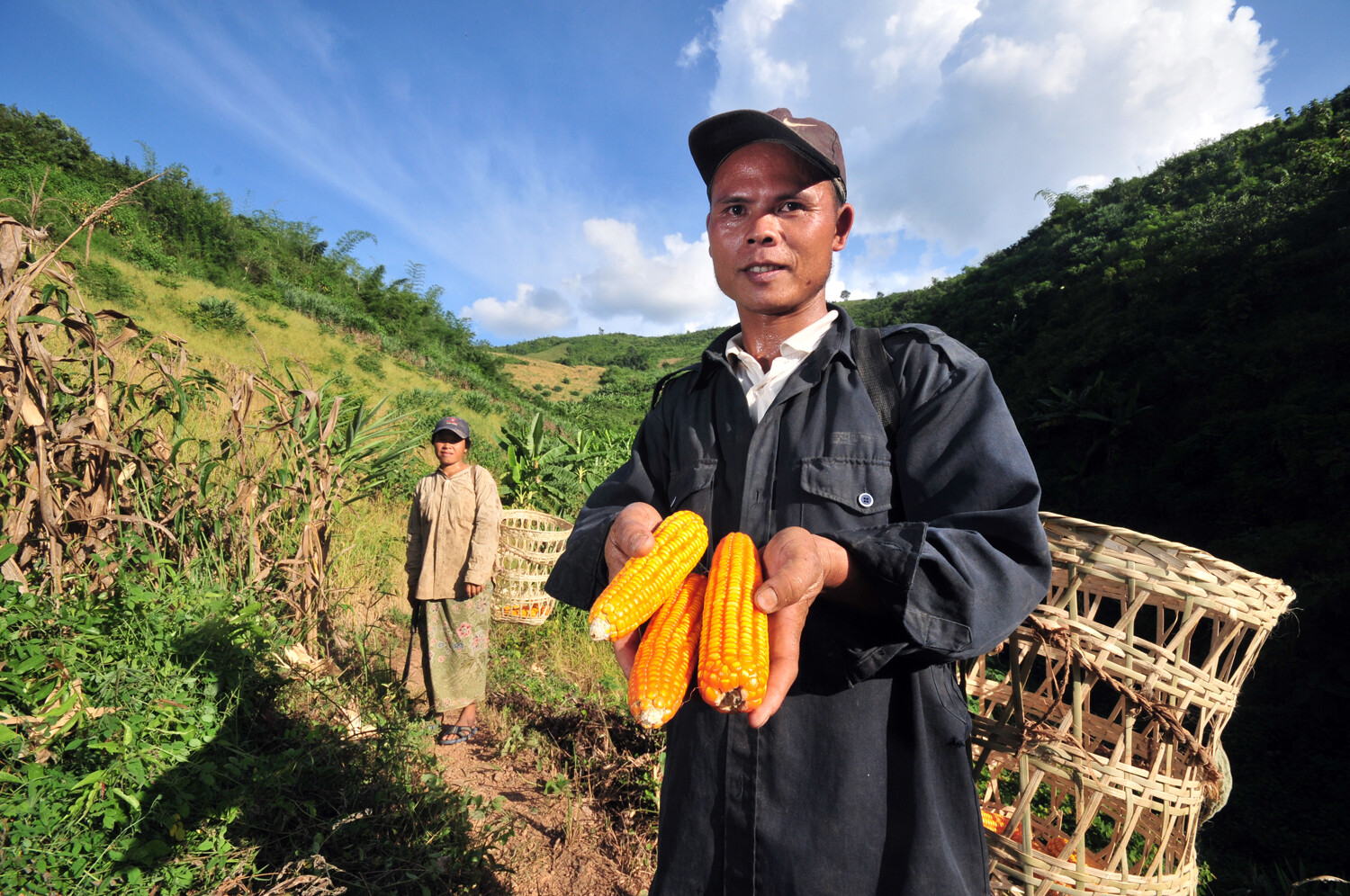
Regenerative Agriculture Creates Climate Resilient Supply Chains
The start of the climate resilience journey is understanding the key risks and opportunities in the supply chain.
The information presented in this tool can assist with:
- Understanding key climate risks from extremes such as heat, flood, frost and drought per crop and geographical region by 2030
- Inspiring climate resilience plans based on priority practices that can reduce climate related risks
- This information serves to complement the insights from other assessments, e.g. the Cool Farm Tool, to devise a holistic climate resilience strategy that achieves your objectives and safeguards your business against the impacts of climate change
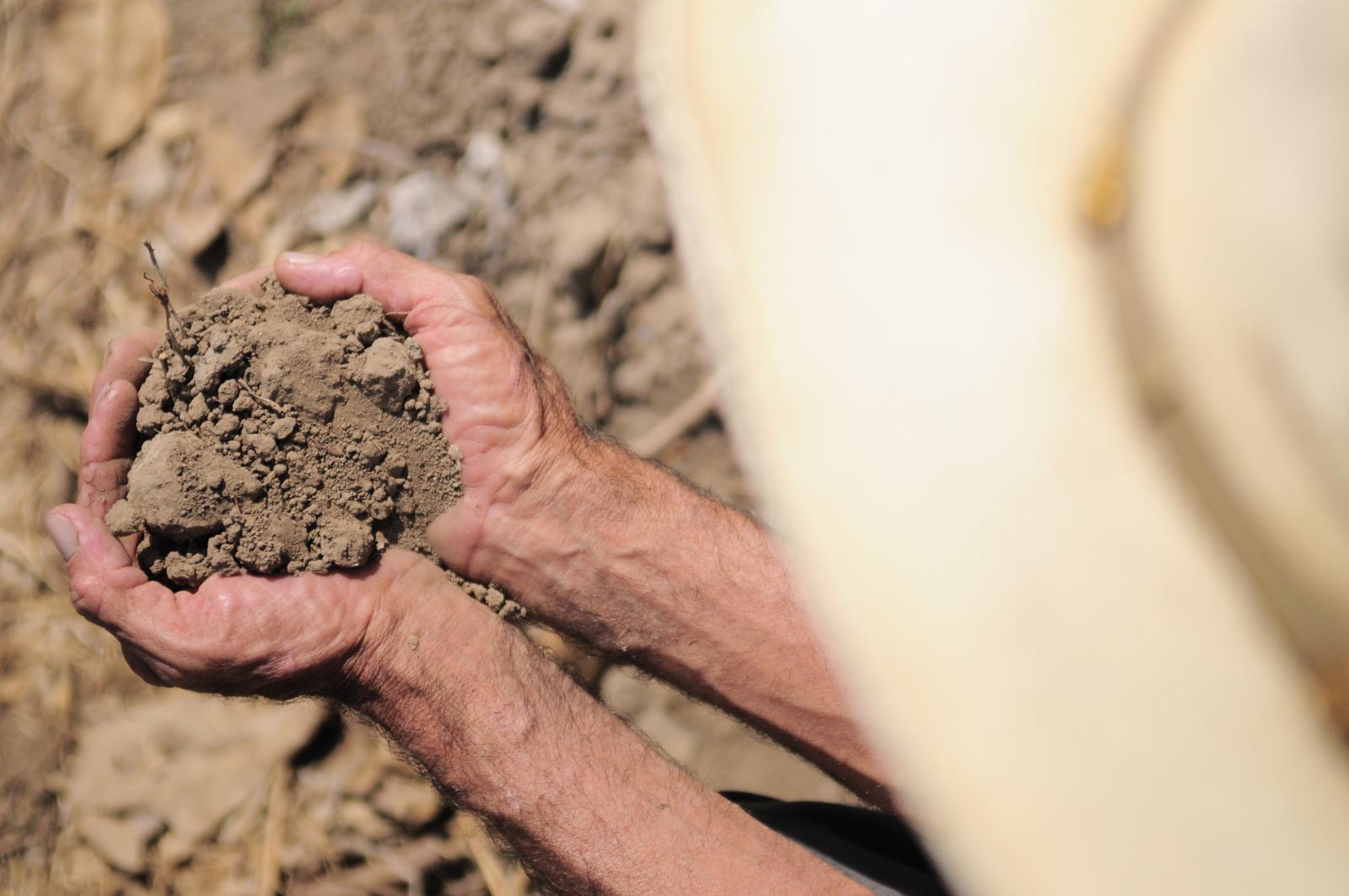
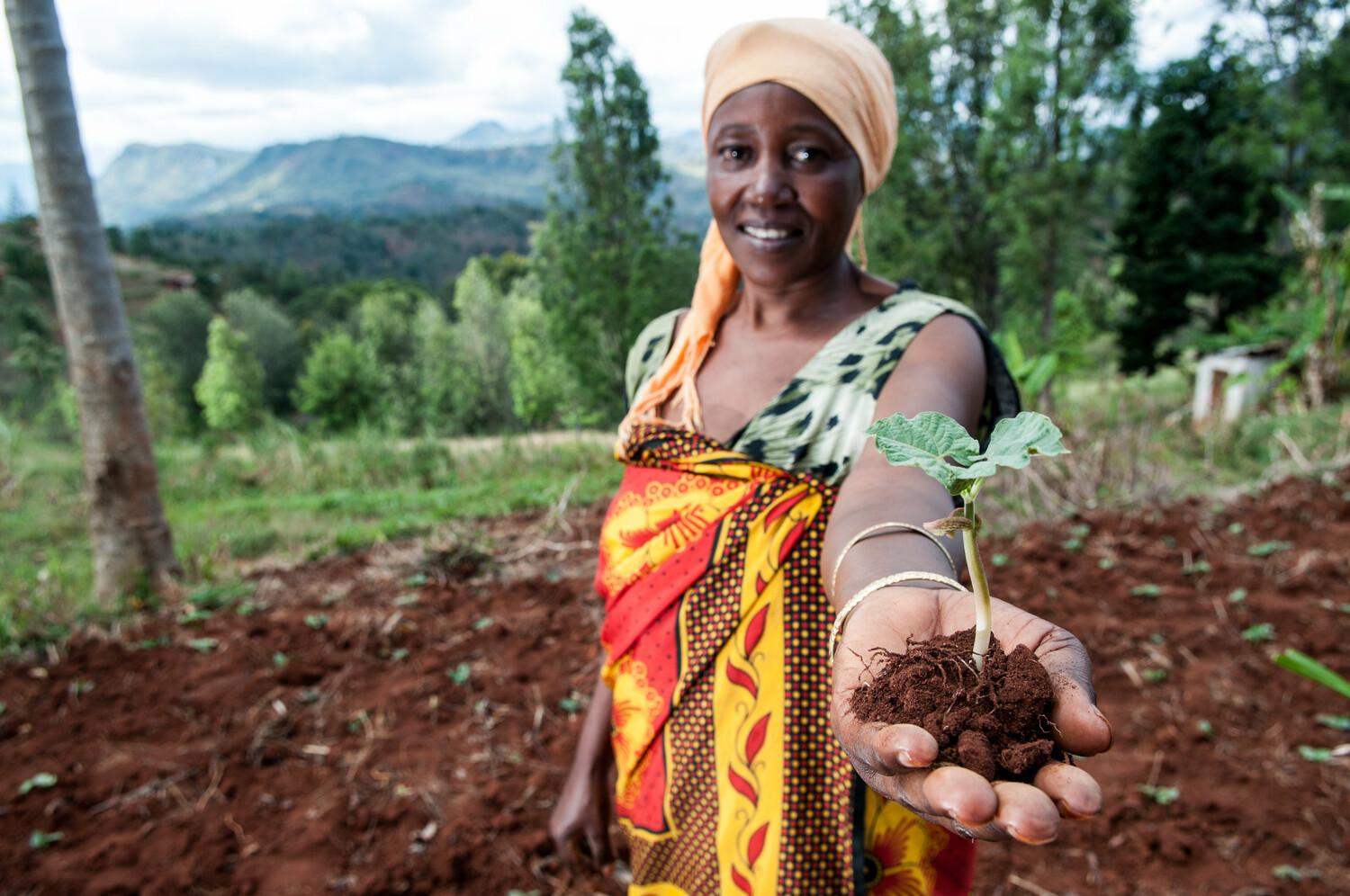
How do Regenerative Agriculture Practices Enhance Climate Resilience?
Regenerative Agriculture refers to a set of farming principles and practices aimed at enhancing natural resources, rather than depleting them. Practices are considered as ‘regenerative’ when they create measurable outcomes in at least two of five key impact areas:
- Carbon emission reduction and sequestration
- Soil health
- Enhanced biodiversity
- Watershed health
- Improved livelihoods
Healthy soil serves as the foundation of regenerative agriculture and promotes climate resilience.
Healthy soils retain and drain water more effectively, enabling farmers to withstand droughts and reduce the risk of waterlogging and erosion.
Regenerative Agriculture supports interdependencies between greenhouse gas removals and reductions, and collectively fosters soil health and resilience.
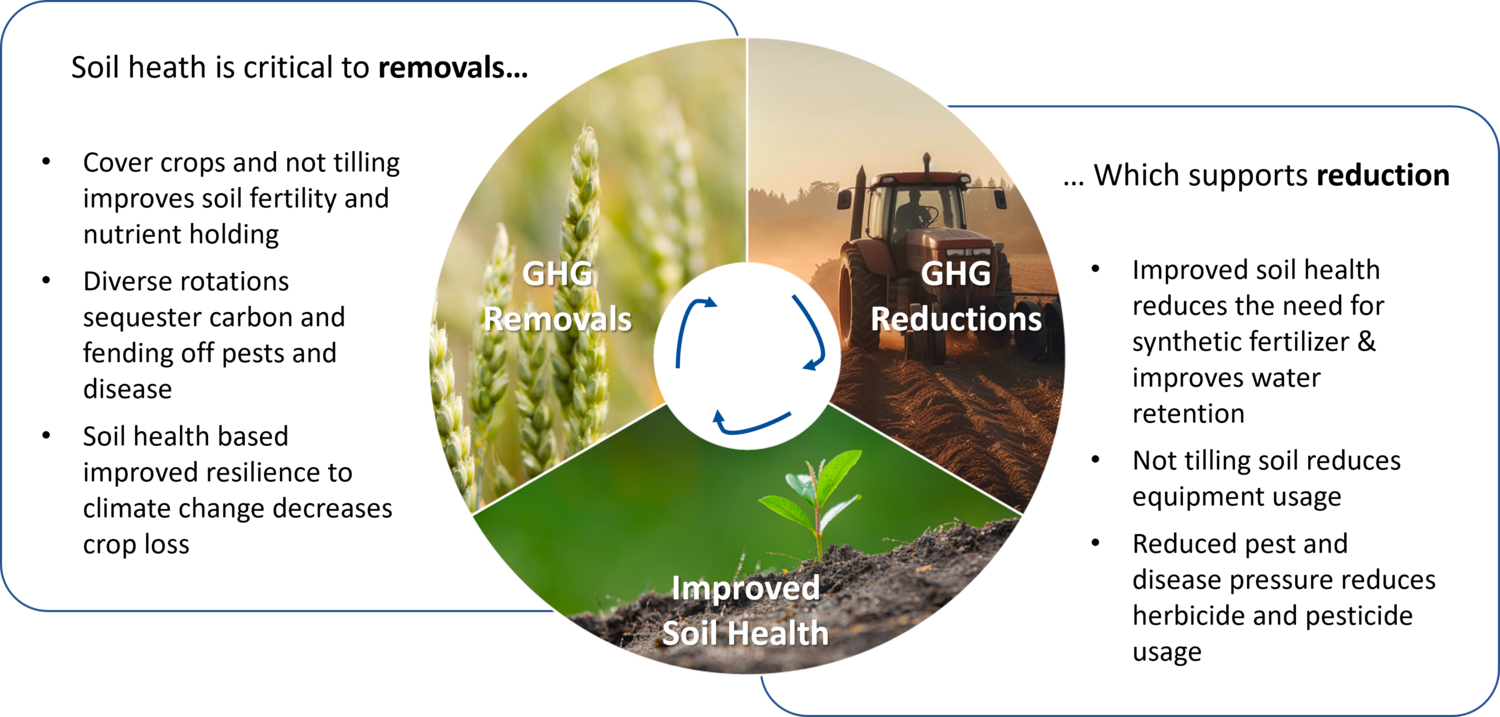
Translating the Latest Science into Actionable Insights
As an open and freely accessible tool, the Climate Resilience Platform is developed by the Alliance of Bioversity-CIAT to provide climate risk and opportunity intelligence to companies, sustainability groups and adaptation communities. While relying on leading global climate data and models, the tool combines CIAT’s climate
and agriculture expertise with local expert consultations, for a first-time deep dive into the risks and opportunities for adaptation in the face of progressive climate change. As a result of understanding the local climate impacts and business case of investing in resilience, this tool enables an adaptation ecosystem to increase farmers’ climate resilience and to create opportunities for large-scale partnerships.
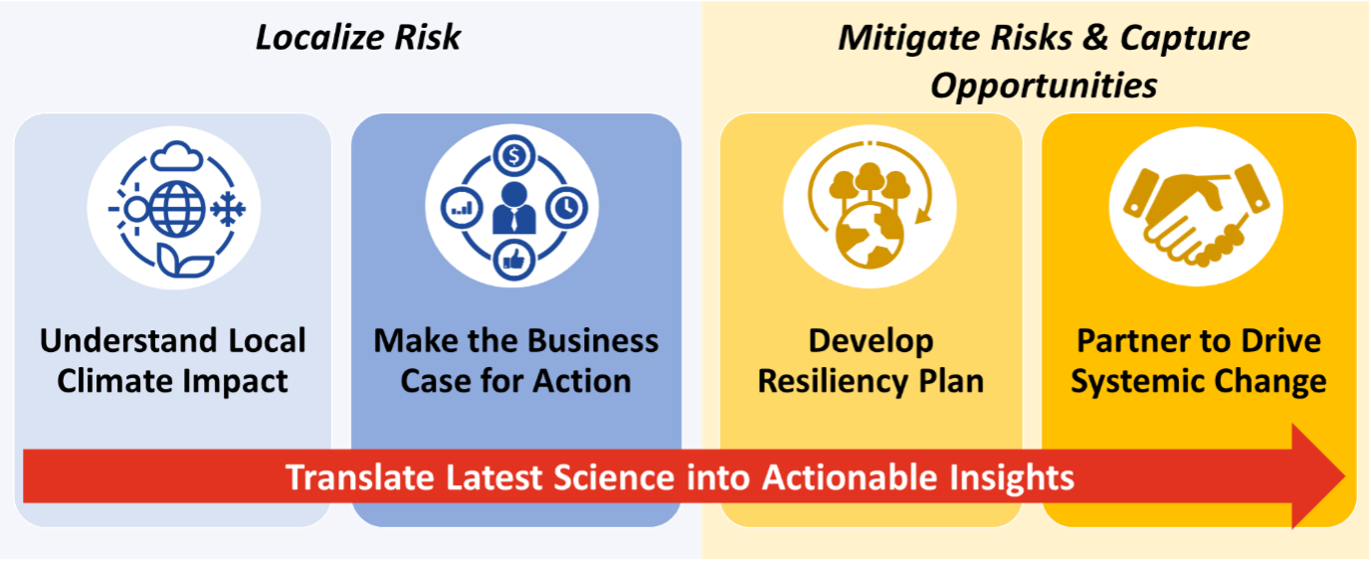
This work has resulted in the partnership with Foundation for Food & Agriculture Research (FFAR). FFAR invested in Regen Ag adoption through the Climate Resilient Agricultural call for proposals worth $6 million USD. Project ideas that support farmers in adoption of risk-reducing practices over the next few years in up to 7 priority crops in North America, Europe, Australia and South Africa were selected through a competitive process.
